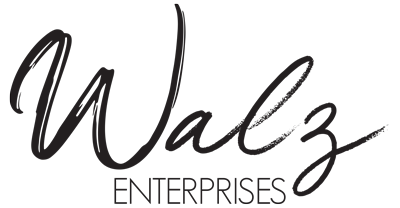This summer’s 1,000 Canadian forest fires have spewed tons of smoke across the U.S., including Minnesota, much of it making its way past building air filters and into workspaces. And that’s not good for workers’ health.
But the good news is that stepped-up office cleaning can reduce risks to employees.
The damage is akin to allowing cigarette smoking in the office again
These smoke particles (which are 30 times smaller in diameter than a human hair) hang in the indoor air and can find their way into the lungs of workers. According to The New York Times, the Canadian smoke already has been linked to worsened heart problems, reduced lung function and aggravated asthma.
But that’s not all the harm. By August, the smoke and its 160 megatons of carbon settling over the U.S. will regularly form almost invisible coatings on office desks, counters, cabinets and rugs. If not regularly cleaned, this fine particulate matter gets stirred up into the air around workers. In some cases, the consequence is akin to reinstating cigarette smoking in the office.
Besides lung cancer, the particulates can cause:
- Heart disease
- Weakened immune systems
- Eye, nose and throat irritation
- Especially vulnerable are pregnant people, older workers and those who are immunocompromised.
An important solution: more frequent office cleaning to reduce risks
The U.S. EPA recommends that offices affected by Canadian smoke increase the frequency of commercial cleaning. According to the EPA, office cleaners should use high-density filters and special cleaning solutions that gather up and remove the smoke particles.
Joe Walz, president of Walz Enterprises, a commercial cleaner in the Twin Cities, uses high-powered extraction vacuums to remove particles from the floor, desktops and office furniture. Then his cleaners sanitize all surfaces, removing smoke particles, other particulate matter and germs.
“Fabrics, like those on office chairs, are like smoke sponges,” Walz says. “When employees sit down, they stir up the smoke particles and breathe them. The particles that stay in the fabric degrade the fabric and give a permanent smoky odor.”
“Employers hire us because they know employees and customers prefer clean environments,” Walz says. “But employers also view us as a key line of defense in safeguarding employee health.”
Smoke may leave employers on the hook for higher health costs and legal penalties
This Canadian smoke has employers worried about a huge potential bump in costs for health care, disability, employee workplace lawsuits and lost productivity. Companies have a legal duty to provide a safe work environment. The Occupational Safety and Health Administration combined with state laws provide penalties for breaches, including unclean air or work surfaces.
To address this legal and ethical duty, employers are taking these steps:
- Testing air quality and replacing HVAC filters more often
- Hiring commercial office cleaners on an expedited basis to more regularly clean all work surfaces of dust and dirt, which often are particulates from smoke.
- Installing extra filtration units scattered throughout the workspace.
- Offering N95 air masks to employees who want them.
No end in sight for Canadian fires
The average Canadian forest fire burns for 37 days. The fire season is expected to continue until the end of October.

